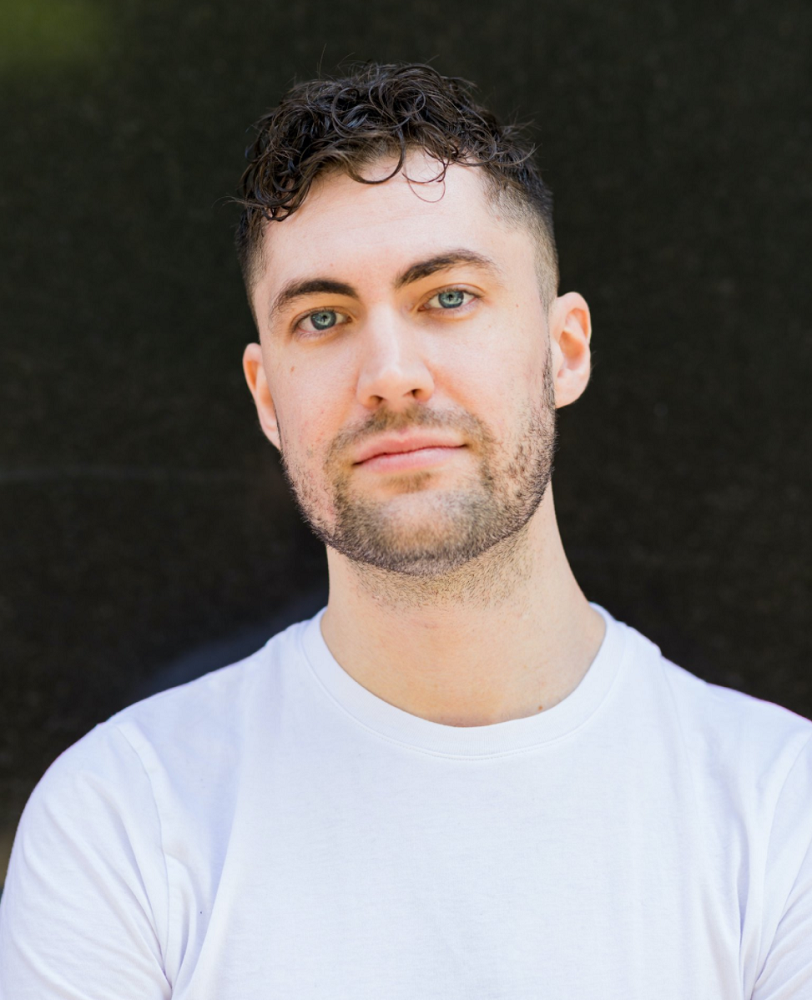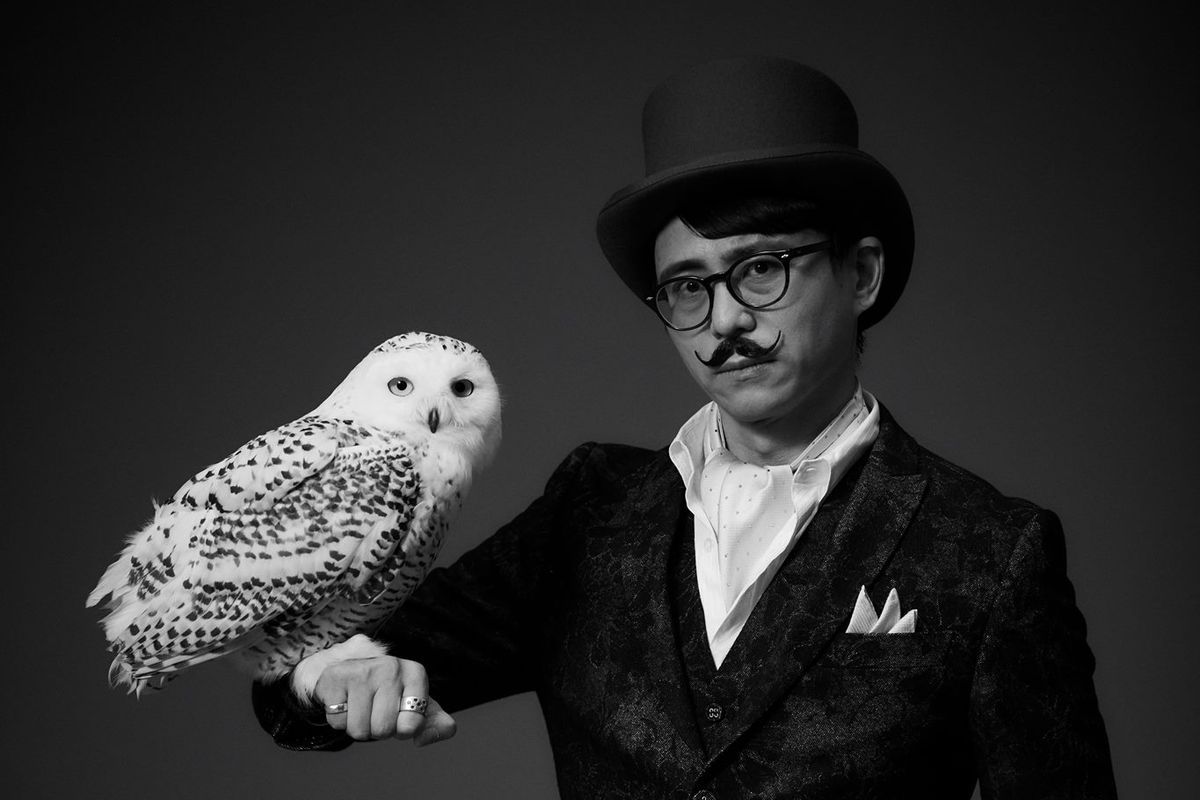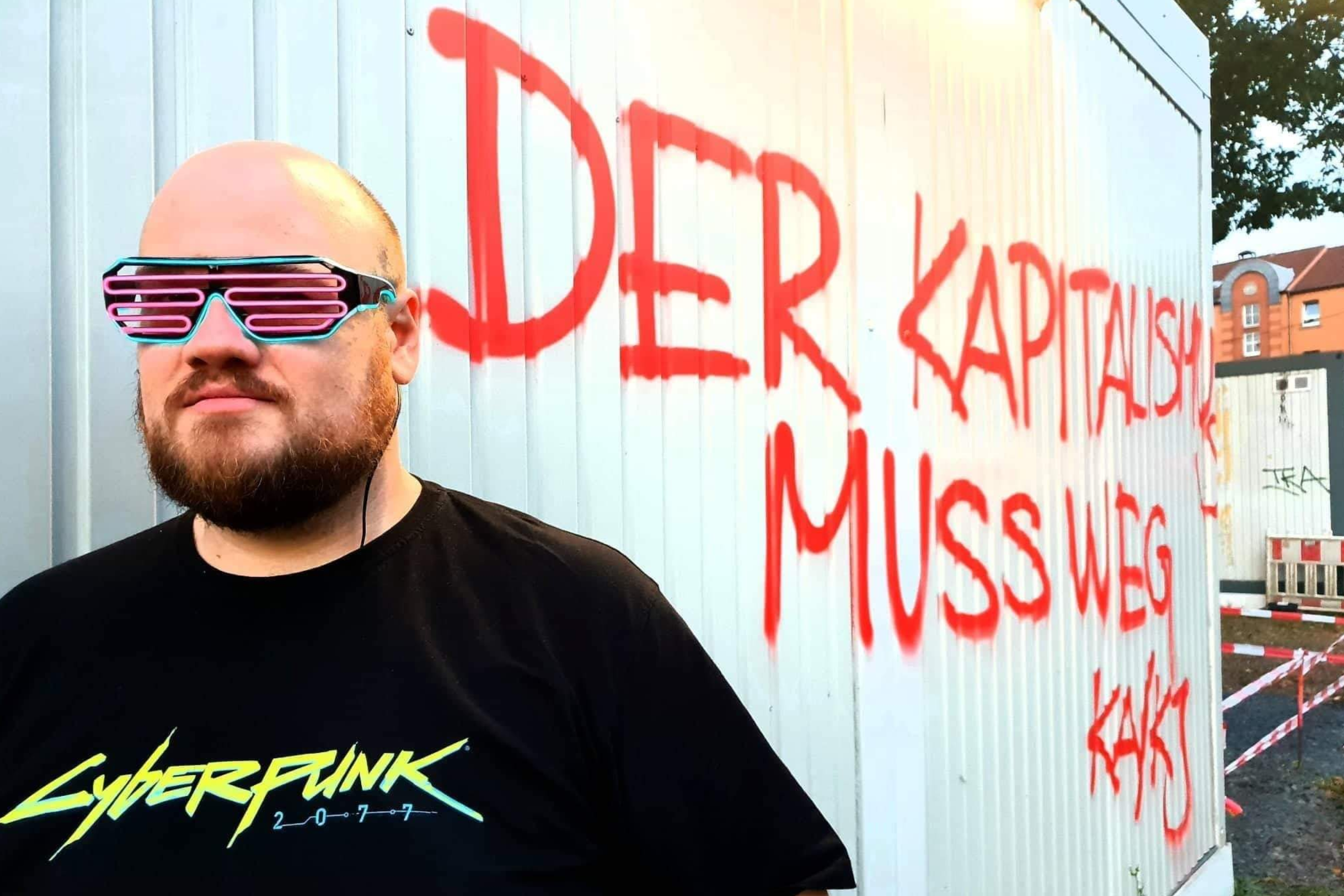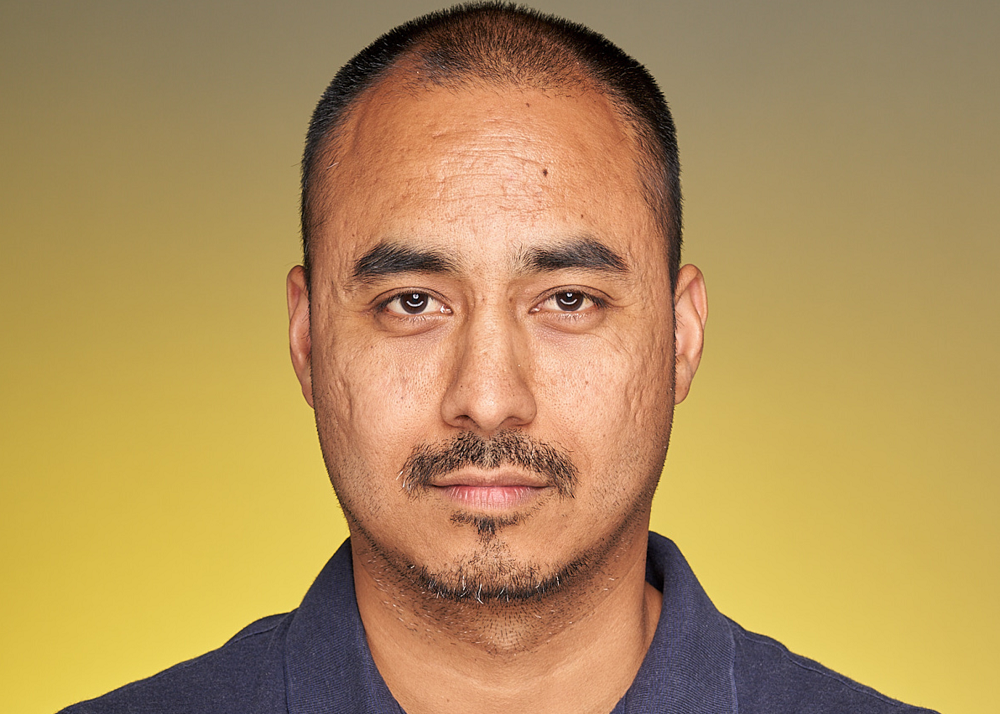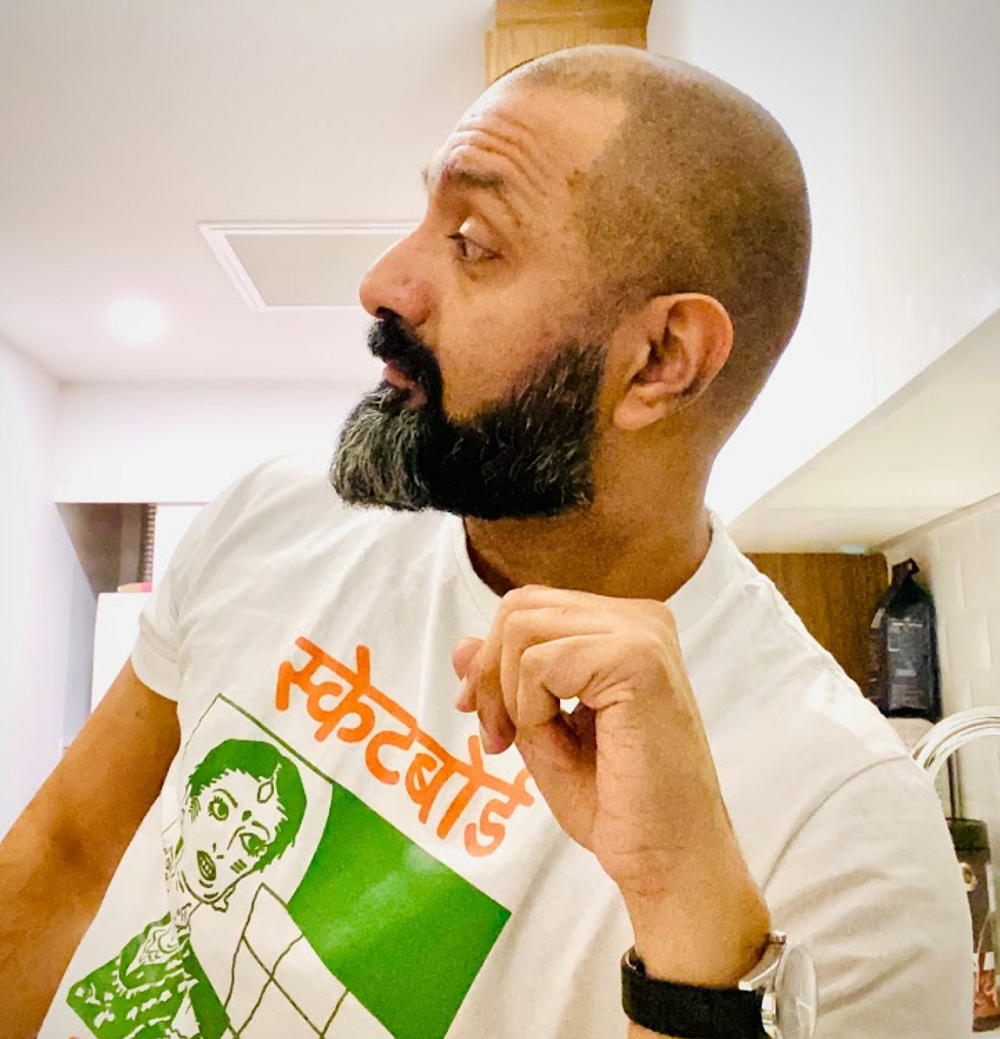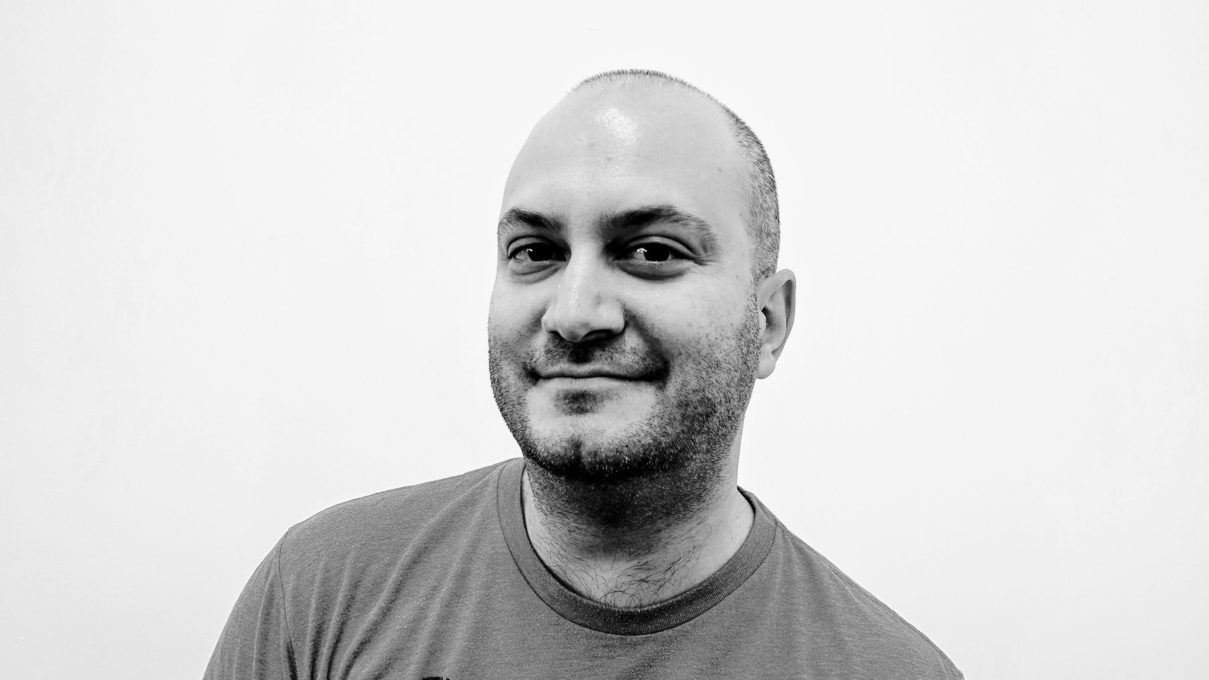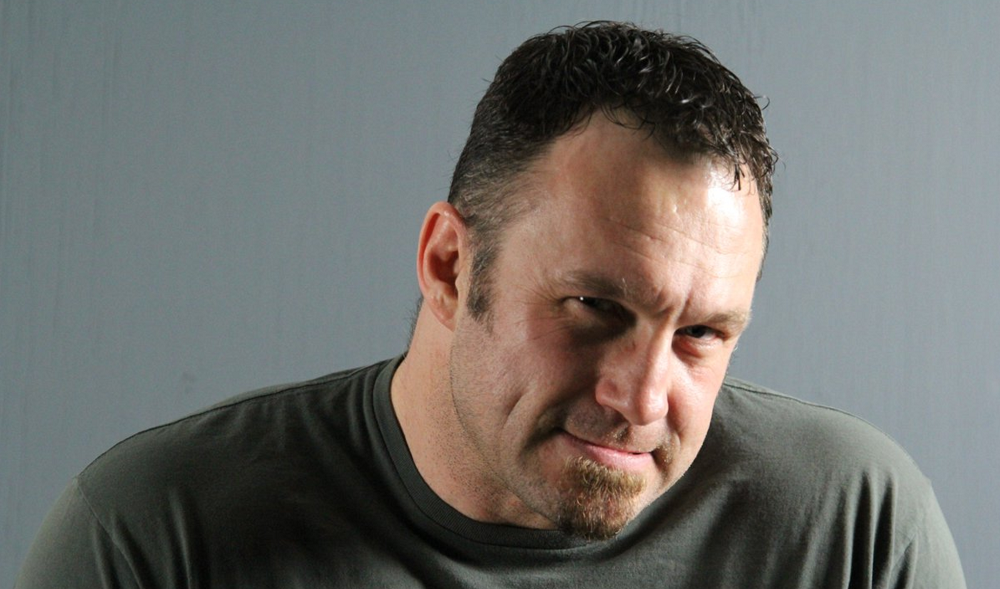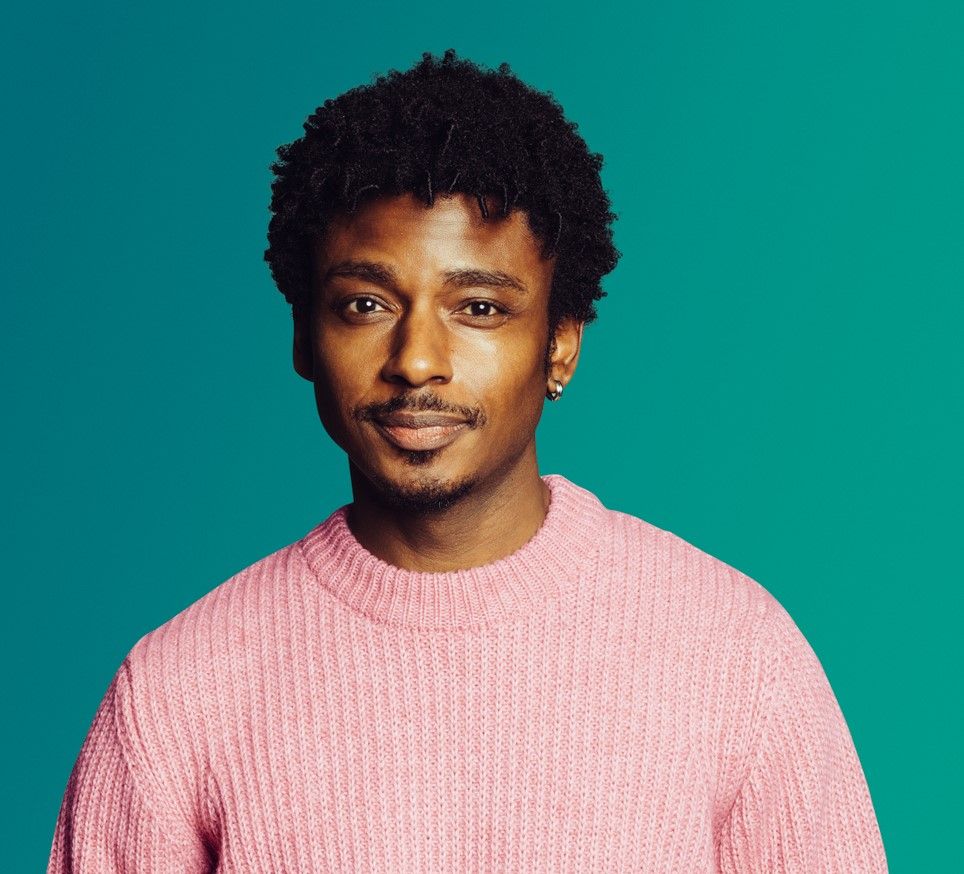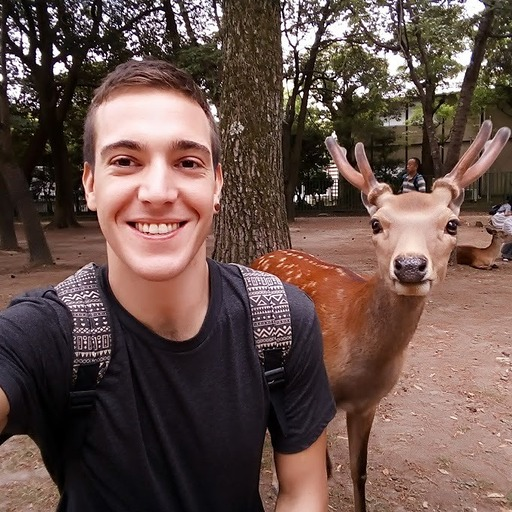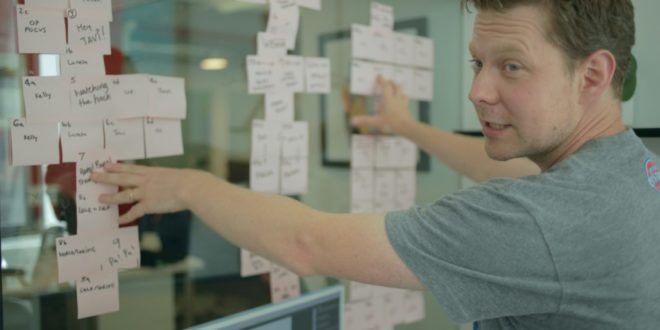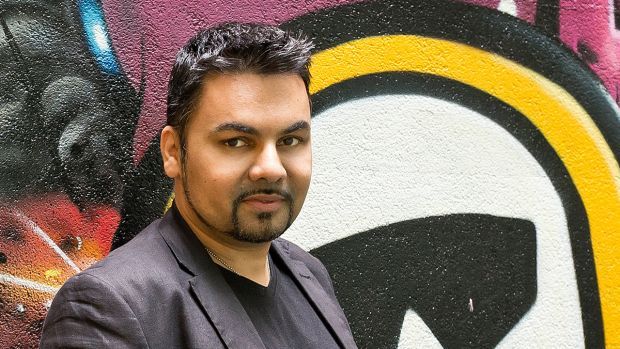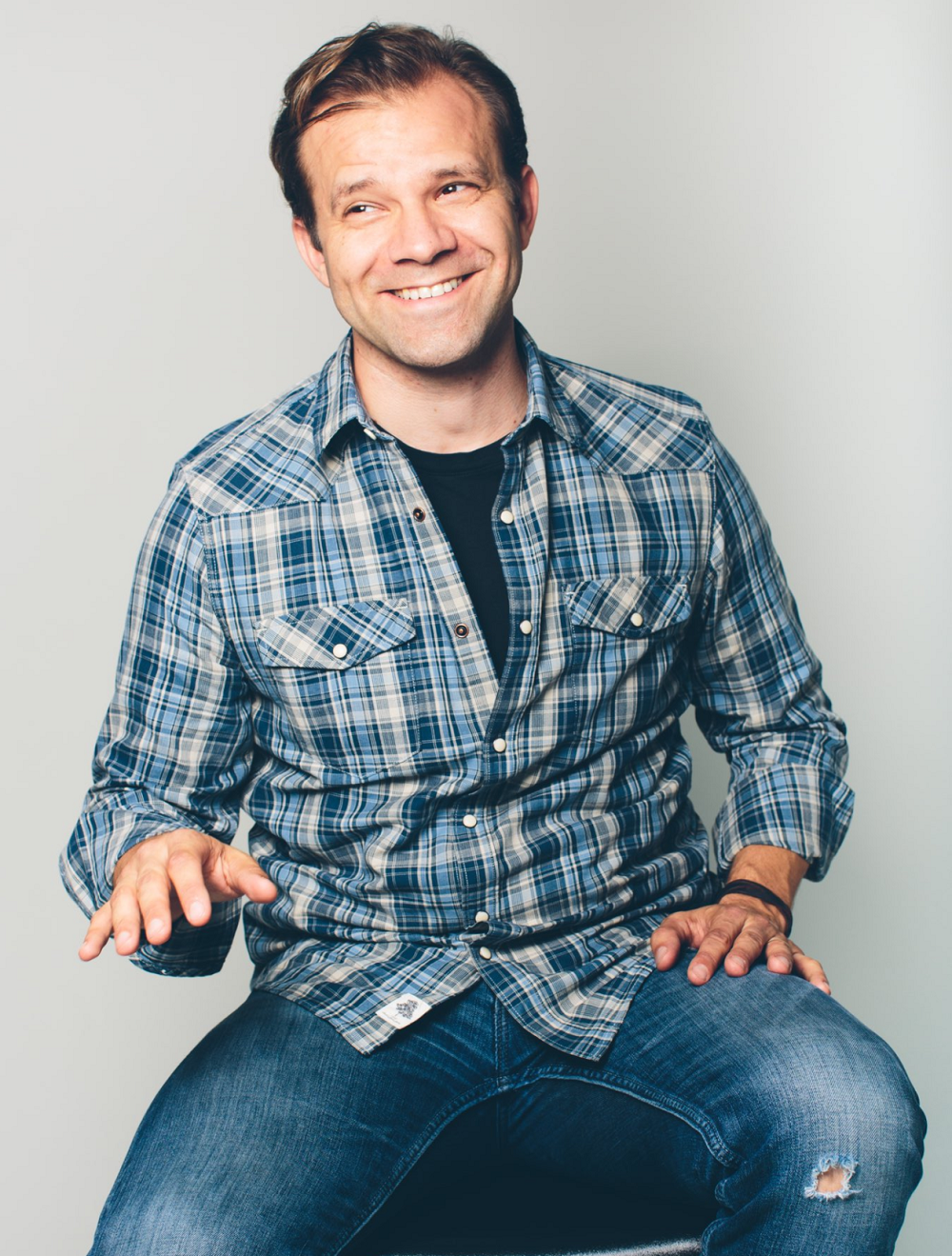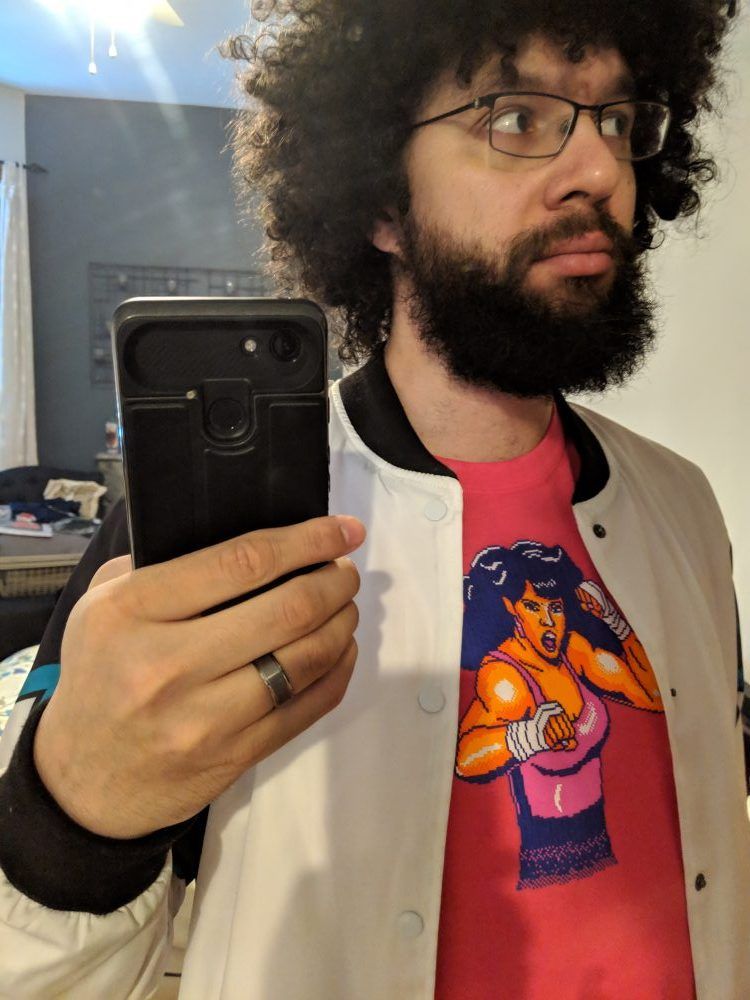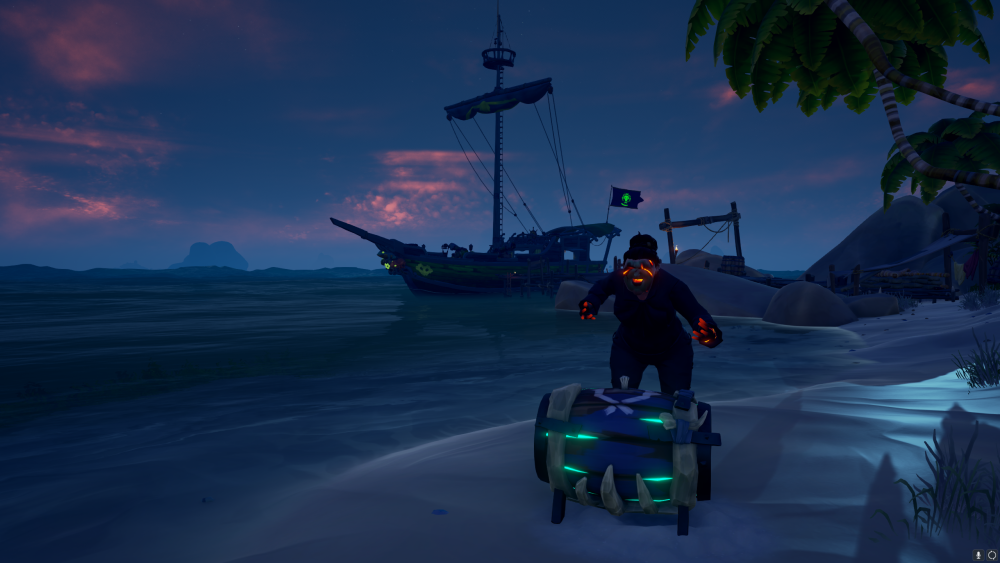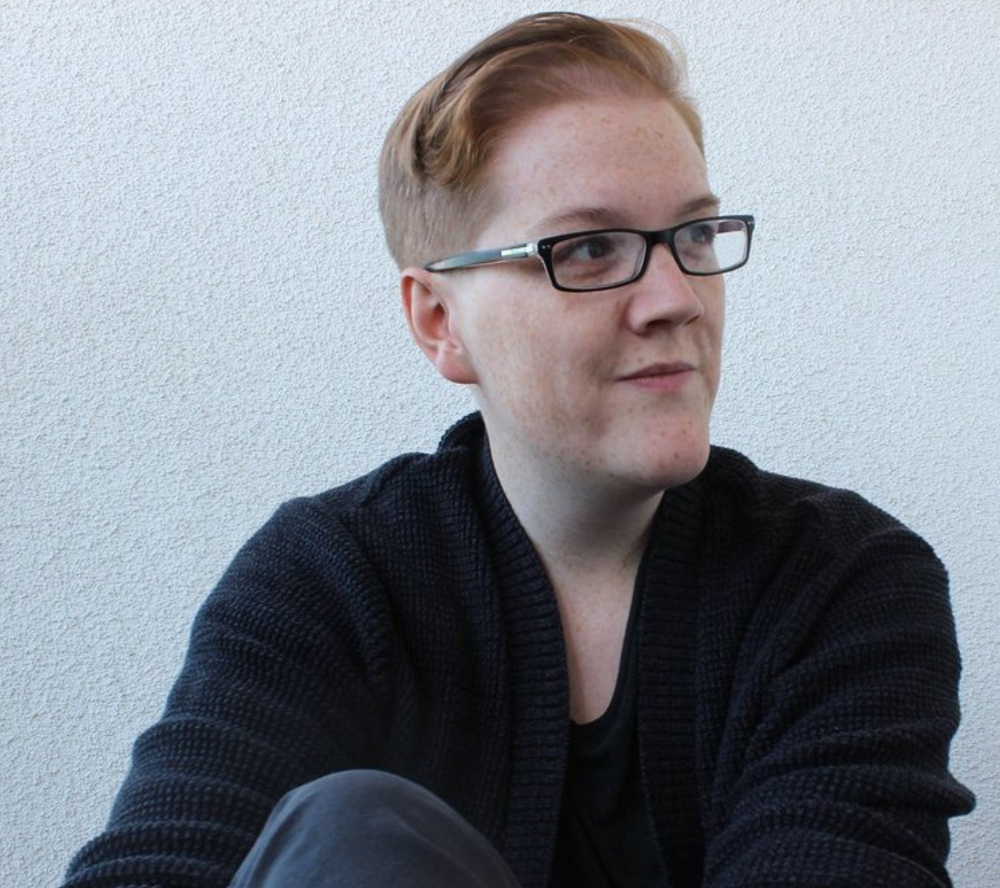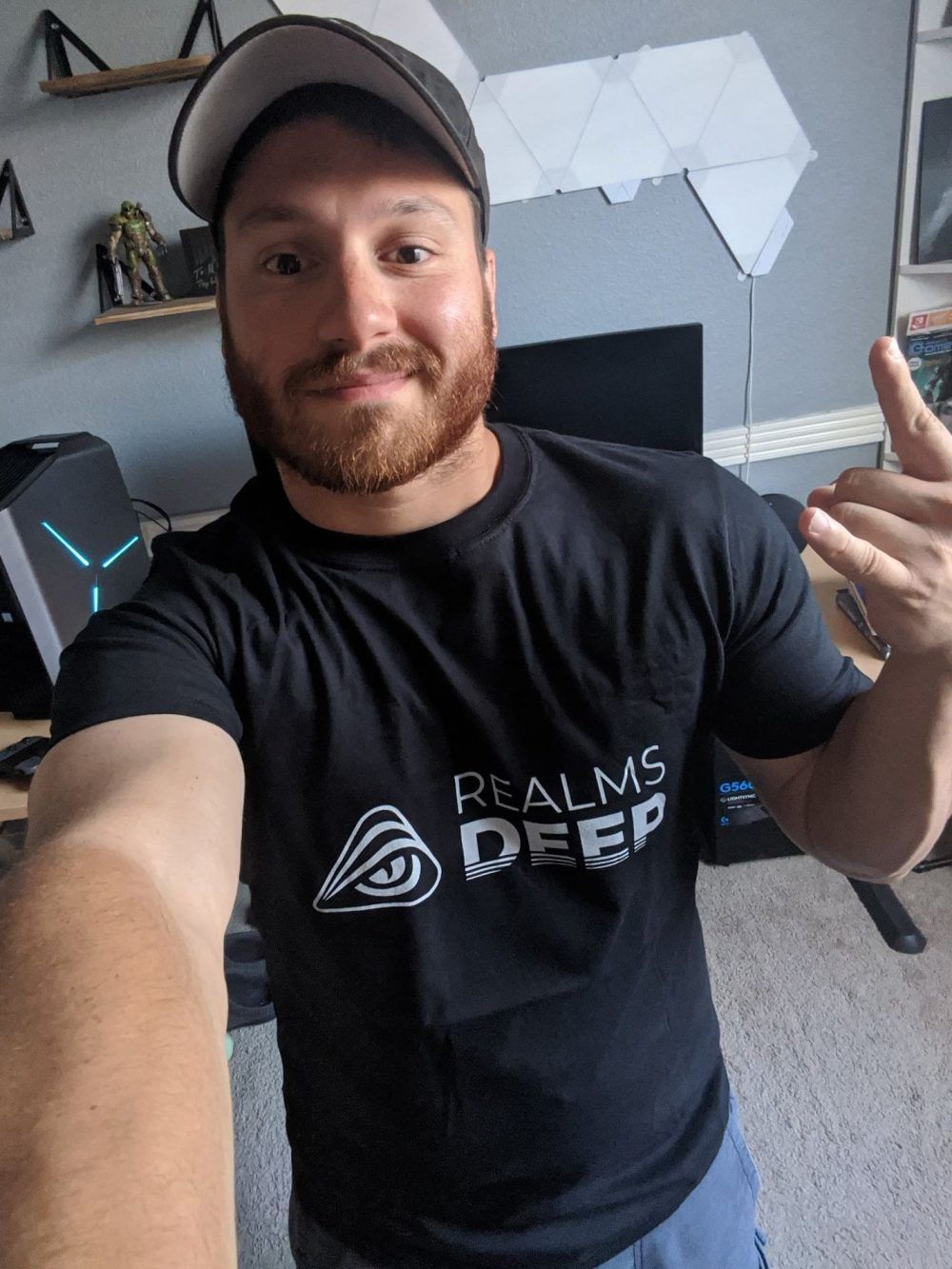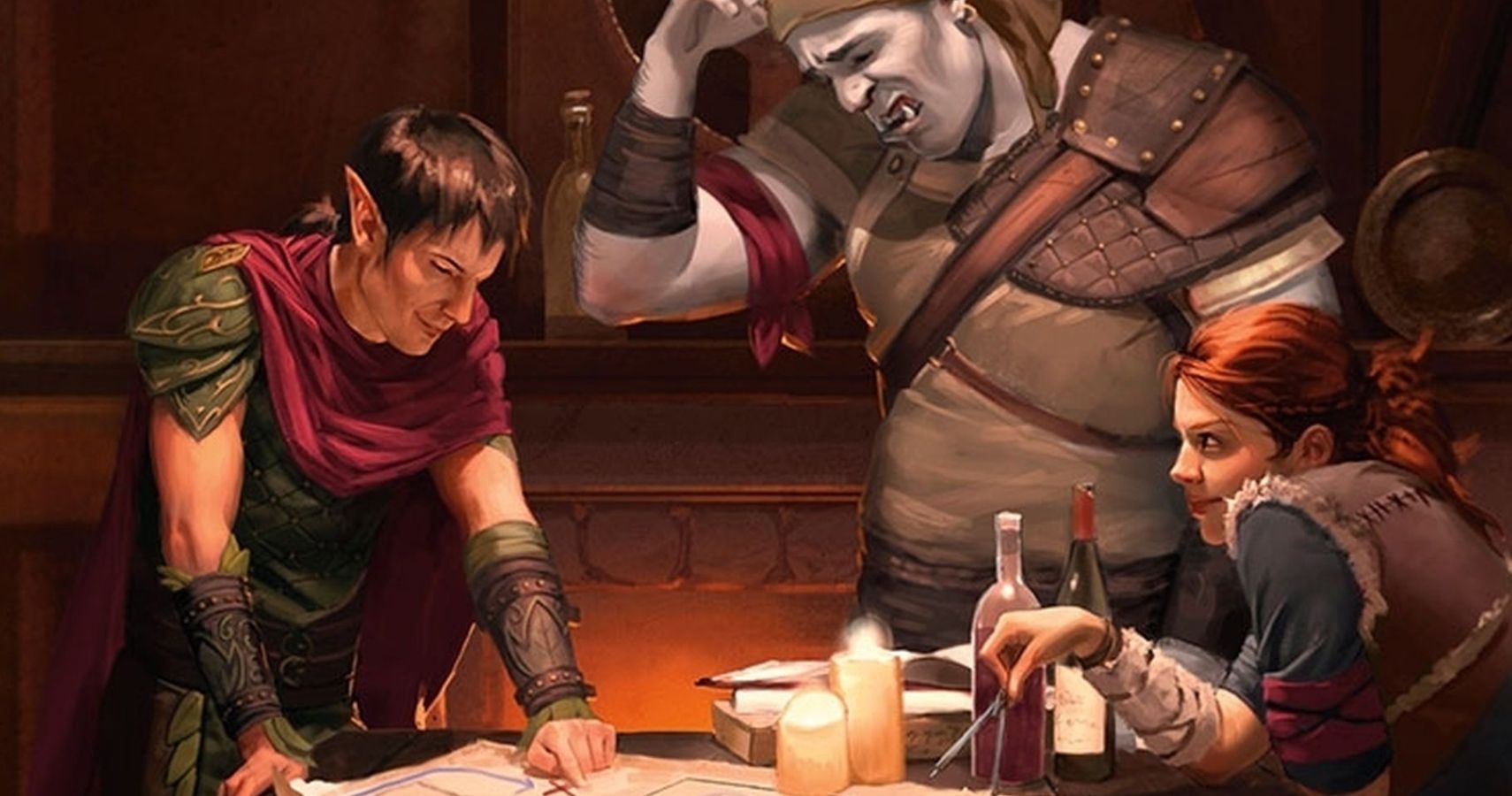It’s the end of an era for PS4 and Xbox One, with next-generation machines just a couple of weeks away. As Sony looks back on the games that defined the generation on PS4 in the video below, we’ve also been thinking about the best games of the last seven years. But we’re not limiting ourselves to one platform.
We asked our industry friends what game stands out for them the most, giving them a starting point of November 2013. Their choice could be a game on any platform, and they were free to choose the game for any reason: it personally resonated with them, they worked on it and it changed their lives, it influenced their own work, it made them feel something, or they just found themselves spending the most time with it. The answers were brilliantly varied, and you can read the responses from actors, studio heads, marketing managers, developers, writers, and more below.
Here are the games of the generation, as chosen by the games industry.
Yuri Lowenthal – actor (Marvel’s Spider-Man and more)
Firewatch
My choice says a lot about me. I don’t play a lot of games these days. I haven’t for a while. But, under quarantine, I have come back, and I have to be honest about what I look for in a game these days: a new, engaging world, interesting stories and characters, and NOTHING TRYING TO KILL ME. I feel the stress of that enough in my real life. When I play a game these days I want to escape into a world that’s safe. It can be creepy, moody, scary, but I have to know from the beginning that I’m not going to be spending my time learning complex mechanics to kill a whole bunch of things before they kill me. Take me on a trip, thrill me, puzzle me with riddles (not TOO hard, please), break my heart, but don’t try to kill me. I could barely handle a Grue these days. That, and timing, are why my choice is Firewatch.
I didn’t know what to expect. I just knew that a good friend and talented actor was involved, and a lot of people who know what I like to play these days had recommended it to me. I immediately fell into the story and connected with the characters. There was just enough mystery to keep me on my toes and wondering what was going to happen next. The performances by Rich Sommer and Cissy Jones made me fall in love with the characters and, ultimately break my heart, and the isolation of the main character mirrored my own in quarantine. The amount of time I would just wander through the forest and stop and just stare for long stretches of time while the world Campo Santo had created just breathed around me was unlike any other game experience in recent memory. And while there was a “threat”, it didn’t keep me wound tight throughout the game. It was exactly what I NEEDED then.
It has helped me, even in a small way, get through this time. And I’m thankful for that. Thankful to the people involved in making it, and thankful to games. I thought there was no room in games for me as a player anymore, but really, I just hadn’t been paying close enough attention.
Aoife O’Friel – writer and narrative designer (Ubisoft Massive)
The Witcher 3
I can’t count the hours I’ve poured into The Witcher 3. From the intricacies of city life to the lore of the witcher schools, there is so much depth to the world that I was hooked from the start.
The fantasy of the witcher role is so solid that the game rarely – if ever – suffers from ludonarrative dissonance. Dialogue choices have far-reaching consequences, and the right choice is usually not obvious (not even Geralt is a man who can have it all). This carries through to meaningful encounters with side characters that bring this colourful world to life, and ensure that every corner of the map is worth exploring.
The Witcher 3 took the best of what open-world games have to offer, and made it its own. The game’s most memorable moments challenged and inspired the industry to reach the same levels of complexity, density, and emotional resonance while creating worlds.
Jack Attridge – co-founder and creative director (Erica, Flavourworks)
Inside
Inside is about as perfect as a game can get: three hours of uncompromising tone, intrigue, craft, and polish. Playdead is the kind of fascinating developer that seemingly bends to no commercial pressures, tears up the innards of the Unity engine, and adds the technology it wants to get everything just right – to spend a whole week animating a single fern as you brush past it, or six years with a team working solely on the ending; one that arguably dislocates your jaw more than any ending in any medium.
I love the soft-focus look to the whole piece that makes all elements feel cohesive and meld together in an impossibly pre-rendered CG-like finish. The atmosphere reminds me most of Roy Andersson’s unsettling ‘World of Glory’, but this time I can’t look away. The audio is ASMR-levels of precise, and grounds all physics and background action wonderfully. Compelling soft-storytelling that implies more than it confirms, leaving enough space for the player (or even viewer) to be an active recipient and fill in the blanks.
The design itself is deviously simple, cutting back all of the fat and serving you an intuitive discovery-driven onboarding that will hook you in for the full ride. If the last game you played was Super Mario, then you won’t have too much trouble stepping up to the challenge of a second button input, as if all you need to grasp the breadth of artistic growth in games across the past 30 years is to play Mario, and then Inside. Fortunately for me, the greatest treat was that I had no idea what I was getting into, and if you haven’t played this game yet, you already know too much.
Hidetaka (Swery) Suehiro – CEO (White Owls Inc)
Splatoon
Looking back, the end of 2013 seemed truly chaotic for Japan. The next generation of consoles, mobile games, and the 3DS were all engaged in a frantic struggle, while I was desperately working on a game that would only be released on Xbox One. At the time, the 3DS was dominating the market, but mobile games were gradually gaining a lead.
After that, time passed, and Steam steadily got more and more recognized throughout Japan. The PS4 became a hit, and high-end Japanese games started winning awards. The era was changing. During that time, I played a lot of games – and I mean a lot! It’s hard to pick only one. This is quite the challenge… and it took me three days of thinking to come up with an answer.
In the end, my game of the generation is Splatoon.
The reason is simply because Nintendo created a new IP, and because it succeeded in delivering the shooter genre to the Japanese family market. In the end, I feel like this was the reason why a lot of Japanese kids started playing Fortnite. It really let me feel the true power of such an old creative company, and inspired me to work harder. By the way, I’ve hardly ever played Splatoon myself (LOL).
Victoria Grace – actor (The Last of Us Part 2)
Marvel’s Spider-Man
I’m relatively new to gaming! I’ve played a number of narrative games, starting with The Last of Us Part 2. As an actor attached to the project, having worked on it with many wonderful people – it’s naturally one of my all-time favorites. It’s incredibly immersive and story-driven, with some of the best graphics, sound design, accessibility options, etc., in the industry.
TLOU2 aside, my favorite would have to be Marvel’s Spider-Man. I had very high expectations for it, since Spidey is my favorite superhero. This game is everything I’ve ever wanted in a Spider-Man game! The traversal and combat are both super satisfying, the animation is top-notch, and Yuri Lowenthal puts in a wonderful performance as Peter. There are many other games on my to-do list, and I look forward to playing each and every one of them!
Patrick K. Mills – senior quest designer (Cyberpunk 2077)
Disco Elysium
I thought for a while about what to pick for my game of the generation; should I pick the game I’ve spent the most time with (the fantastic Total War: Warhammer II), the game I’ve had the most fun with (Conan: Exiles with the quest team after work), should I be gauche and pick something I worked on?
But, no, the answer is actually obvious. My pick for Game of the Generation is Disco Elysium, and it’s not even close.
Disco Elysium is the most innovative RPG, not just of this generation, but the last two as well. The way it takes the well-tread concept of the adventuring party and turns it into the protagonist’s internal dialogue is clever, sure – but the game isn’t just content to be clever, and it uses this kind of internality to get the player closer to the protagonist than any game I’ve ever played. The story itself is one about failure, loss, and a reckoning with the void, both personal and collective. Contrary to some takes I’ve read, it’s also deeply sincere, heartbreakingly so, and even though it’s exceedingly bleak it isn’t afraid to have hope, even if it’s too wounded and traumatized to simply surrender to it.
Anisa Sanusi – UI/UX designer
Persona 5
Not a huge surprise what my answer to this will be – anybody and everybody who even remotely works in UI for video games would know how amazingly stylish the UI for Persona 5 is. To be more specific, I’d say it has to be Persona 5 Royal, a Director’s Cut for the Persona series.
The Persona franchise is an odd one. The previous numbered game was Persona 4, released on the PS2, which meant the developer completely leapfrogged the PS3 era to give us a banger for this generation on the PS4. It’s well worth the wait, I’d say. The music slaps, the school life meta-game keeps you going, and the series definitely benefitted from decades worth of previous iterations making the battle system UX slick as heck.
I’ve seen my gamedev peers say how they prefer Persona 4 for its deeper story, but I don’t think I can go back to any past games since Persona 5 Royal has pretty much nailed it on the usability front. Name me any other game where fans have cosplayed the UI. Exactly. UI so cool people acknowledged it IRL. Truly, P5R is out there living the UI designer’s dream, and that’s why it’s my game of the generation.
Rhianna Pratchett – writer (Surgeon Simulator 2, Mirror’s Edge, Tomb Raider)
Don’t Starve
I have a niche genre love of wilderness survival games. Partly because getting lost and surviving in the wilderness was all the rage in kids’ books when I was growing up, but also because I was raised in rural Somerset, so the wilderness was never far away. My father also taught me a lot about what berries, plants and fungi were fully edible, and which were edible only once. So, wilderness survival games often remind me of him. I play them with the Ghost-Dad-In-My-head.
Although they might not be the biggest and shiniest games in this rundown, Klei’s Don’t Starve games are ones I return to again and again. I like Don’t Starve: Shipwrecked on my iPad on dark days when I need comfort and to just island-hop in the sunshine. I play Don’t Starve: Reign of Giants on my PC solo when I want to test out new characters (which Klei does brilliantly). And I’ve Miss Bossy-Pantsed my way through teaching my partner how to play Don’t Starve Together on the PS4. As part of our anniversary dinner, he organised for us to have a special meatball course to commemorate the endless ones we’d made in the game.
I own a Beefalo plushie. I’m hoping to have a herd one day.
Jason de Heras – design director (Respawn)
Bloodborne
Few games have managed to perfectly combine the aesthetic tone with the gameplay intent in a manner in which they complement and mirror each other.
The level layout, enemy behavior, and the player’s tool kit must be approached deliberately and in a scientific manner in order to achieve mastery over time. Bloodborne evolved the Souls formula by mechanically distilling it down into arguably a more accessible configuration while improving animation fidelity and responsiveness.
Fundamentally, Bloodborne feels more like a fighting game akin to Street Fighter where spacing, attack timing, and knowledge of an opponent’s toolkit are required for success and, ultimately, maximum player engagement.
Roger Clark – actor (Arthur Morgan, Red Dead Redemption 2)
Red Dead Redemption 2
My game of the generation is Red Dead Redemption 2 because of course it is. Seriously though, as far as size and scope of narrative and attention to detail is concerned it has no rival in gaming, in my opinion. This combined with Rockstar Games’ relentless commitment to authenticity brought a level of quality that we rarely see.
Two years since release and new things are still being discovered. What other game would have YouTube videos dedicated to carrying a bowl of stew across the entire map and garner 2.7 million views? The writing, without drawing attention to itself, fleshed out a franchise that we fell in love with on the last generation’s best game.
I can say from first-hand experience, nothing was approved until it was right. There were some scenes we worked on on the performance capture set more than any film crew would have because of a universal commitment to do the best job possible. The realism may not have been everyone’s cup of tea, but nothing is as immersive if you sit back and let this world engulf you. It’s a time machine. Pure escapism. It’s such a grand experience that sometimes when I was playing it, I forgot how wonderful I am in it – it’s that good.
Samantha Wallschlaeger – narrative designer
Yakuza 0
I’ve never played a game quite like Yakuza 0, and I’m pretty certain I never will again. The Yakuza series has always been a chaotic mix of heart-wrenching emotional drama and wacky absurdist side content, but this installment refined their proprietary blend to perfection. One moment I was weeping over a touching moment between lifelong friends. The next, I was winning a chicken named Nugget in a bowling competition and employing him as an agent in my real estate business.
This emotional whiplash shouldn’t work, but somehow it does – so well, in fact, that it introduced an entirely new generation of players to the series and became the launchpad for a brand new audience to dive into their re-released lineup. Including me.
Sam Sharma – executive producer (Electronic Arts)
Destiny 2
My game of the generation is Destiny – more specifically, the perfected vision of it: Destiny 2. There are many games that have given me hours upon hours of joy and fun, but to me, Destiny is the game that defined a lot of this generation. The wizards at Bungie brought forward a world of multiplayer storytelling, and a sense of a shared playground: ideas that a lot of the Battle Royale games built upon. And yet, the game remains unparalleled in its sense of awe and wonder it constantly evokes in its design, as well as the evolution of the game, the lore, and the content that drives the community.
The crew at Bungie remain untouched in their execution of a singular vision while balancing the needs of a community that fervently loves the universe they have created. Telling a story that takes place in the stars, but affects those of us fighting on the ground, in a true multiplayer world is a tightrope act like no other. Bungie built a world filled with possibilities, and narratives hidden around every corner, learning from the best games of the generation previous (from MMOs to Zelda open worlds) and built a unique place full of constant surprises, and I cannot wait to see where they go next.
Nicolas Guerin – creative director (Spiritfarer)
The Witcher 3
Had I been asked a few years ago what would have been my favorite game of the PS2 and Xbox 360 generation, I most probably would have found myself pondering for a very long time. This did not happen when the question arose for this last generation. The Witcher 3 by CD Projekt Red was the only game coming to my mind and, beyond this generation, in my top three of all games I played in the last 30 years or so.
For a geek like me who grew up playing RPGs (in both video game and tabletop formats) in old Europe, surrounded by history and its traces, I’ve always found fantasy settings to be a bit too “fantasy”, and fake. Then comes the Witcher. Every object, every place, every costume, from the simplest wood chair to the most elaborate stain glass fabulously oozed with authenticity. It felt so genuine yet so legitimately compelling. So fantastical yet so believable. I mean, just take a look at Novigrad! Look at its dreary, brick walls! Its history! Its heraldry! It all feels incredibly real, yet has just that little touch of dark fantasy to become extraordinary and enticing!
Above all, what makes the world truly fascinating in the Witcher 3 is how it neatly mixes Eastern European folklore with fantasy elements to create an exquisite blend – a wonderful mix of cultures, biology, history, and geography. Simply stunning!
You have to understand that, as many other developers, it’s hard for me when I play a game to separate my “gamer” impression from my “game maker” analysis. Let me tell you that in both regards, my appreciation for what CD Projekt accomplished with the Witcher 3 is immense. When faced with the sheer quantity of interesting missions and characters, the preposterously vast playground, and the mind-boggling amount of significant choices (and thus, game states and narrative variations), I remember constantly asking myself how they could have pulled it out. I’ve been working on many Assassin’s Creed games (from Assassin’s Creed Revelations to Origins), and looking in the Witcher 3 at THAT much marvelous physical world with THAT many hours of great content combined with extremely good writing and player’s choices and agency? Dizzying. Inconceivable.
Many years later, The Witcher 3 is still the only game I’ve played all the DLCs, finished almost every mission. And just writing about it makes me want to play it all again!
Chella Ramanan – narrative designer (Ubisoft Massive)
Gone Home
Gone Home wasn’t the first of the games labelled ‘walking simulators’, but it was, arguably, the one that made the biggest splash. It delivered a masterclass in environmental storytelling and really set this generation of games on a path that centred narrative. Not only did the game strip away combat and puzzles, but it also took a much slower pace. This challenged players and the industry to consider what a game could be, at a time when multiplayer was dominant and story mode was becoming a means to an end.
While some were still asking ‘is it even a game?’ Gone Home kicked the door open, with Life is Strange, Firewatch, and What Remains of Edith Finch tumbling through, delivering emotional stories that didn’t rely on violence to leave a lasting impact. Its impact on triple-A can’t be overlooked, both in terms of the pacing of games like Uncharted 4 and the centring of LGBTQ relationships in Prey and possibly The Last of Us and Life is Strange. It carved a niche for narrative-led games and influenced the games that came after it.
Trent Oster – founder (Beamdog, BioWare)
Horizon Zero Dawn
I’m going to go with Horizon Zero Dawn. Why? The richness of the world, the slow unwrapping of the storyline and the interesting challenges you encounter along the way. It is a quality story, well told in an elegant package.
Carrie Patel – senior narrative designer and game director (Obsidian)
Soma
To say too much about Soma would risk spoiling what makes it so memorable. Soma is one of those rare gems of ludonarrative consistency in which straightforward mechanics (here be monsters! avoid them) and unassumingly elegant level design (how did I never get lost crossing those murky seabed levels? I dunno, It Just Works™) act in unison to create a simple but effective player experience: you are stranded in a deep-sea research facility where Something Went Wrong. You must figure out what happened and how to escape.
Less is more in Soma, and Frictional Games shows how effective uncomplicated, focused design can be. There’s no crafting, no skill tree, no inventory management, no HUD. Just a growing sense of dread as you venture deeper into PATHOS-II. It’s the ambience of Alien: Isolation in a unique setting. It’s deeply disturbing horror without gross-out moments. It’s an affecting and thought-provoking story that doesn’t rely on twists but that still contains the biggest gut-punch revelation of any game I’ve played. It’s a pithy masterpiece of a game, and I’d urge anyone with a taste for thoughtful science fiction to try it.
My experience with Soma is intertwined with how and when I played it, as I suspect is the case for many of the games we remember most fondly or—at least—most vividly. My husband and I started it in late October 2016, and we played on election night, when I’d come home a couple of hours early after feeling uncharacteristically queasy. I remember the butterfly jitters of dodging around a Proxy in the game while watching national poll results on our phones with a deeper sense of dread. I remember contemplating protagonist Simon Jarrett’s warping and unraveling reality even while my sense of certainty and security in the world frayed. I remember maneuvering through eerie, monster-filled levels while wondering how I would navigate the precarious future ahead. Fictional media can offer a lens, a mirror, or a catharsis for our current reality, and video games are especially well-positioned for the latter. Sometimes the best respite from a fear we can’t vanquish is a brief adventure with one we can.
Corey Brotherson – narrative designer (Silver Rain Games)
The Legend of Zelda: Breath of the Wild
Have there been more expansive, beautiful, detailed, and nuanced open-world adventures this generation? Definitely. But none have matched the sense of discovery, freedom, and sheer delight that I personally experienced in Nintendo Switch’s essential launch title. A wonderfully designed game that’s greater than the sum of its parts, and will stick with me long into the new generation.
Joel Herber – lead engineer (Fall Guys)
God of War (2018)
In the recent reimagining of God of War, we join an older Kratos who has learned other emotions beyond rage and anguish on his journey to become a better dad. Initially, like most people I was purely excited to see how Sony Santa Monica would bring Norse mythology alive on modern consoles. What I wasn’t expecting, however, was an experience with such heart, complex characters, and deft handling of the series’ past.
It is also a game which is often mind-blowing as a technical achievement, from the moments that make you wonder about the logistics involved with making that single cut camera work, to the leviathan axe which felt so satisfying that it was a wonder that it hadn’t been done before. God of War, for me, was a much-needed surprise of a game that felt that it was maturing along with the audience and industry that created it.
Jan (Gabby) Llanillo – senior QA (Naughty Dog)
The Last of Us Remastered
Okay, so this may come as no surprise, but my game of the generation is The Last of Us Remastered. It is no question that the main story was widely praised and revered for its feats in terms of storytelling in video games. To this day, it is the game I cite as being the reason I wanted to pursue a career in the game industry. It was even the game that defined the PS3 generation for me. However, TLoU Remastered brought something that resonated with me even more. A story that shaped my adolescent years and made me feel represented in a way I didn’t know was possible through games at the time: Left Behind.
Left Behind came at a time when decent LGBT representation was scarce in media – even more so in video games. I knew I resonated a lot with Ellie in the main game, and playing Left Behind further solidified that in ways I didn’t expect. I had never seen anything like the portrayal of Ellie and Riley’s relationship in games, much less in a triple-A game. To have Ellie go on to become the protagonist of its sequel meant so much in terms of visibility and representation. As a teen, Left Behind made me think “I can get there too”. Years later, I did.
Sam Barlow – director (Telling Lies)
Gorogoa
I named Gorogoa my game of the year for three separate years – first when I played the demo, second when I was lucky enough to play the alpha, and then again on release. Even if Jason Roberts had stopped with just that demo, he would have created something special, but he didn’t – he worked tirelessly, adding, subtracting, iterating to create a game would be difficult to believe is the work of a hundred minds let alone one.
It’s so unbelievably complex, a rich fusion of mechanical elements and art. But like the best complicated things, or the best magic tricks, it never looks anything other than simple when you lock eyes with it. And it is magic. As a kid, I was obsessed with the story of the magic paintbrush – the idea that art could come to life. And Gorogoa is that – a world of immaculate drawings that, through your manipulation, reveal depths, metamorphose, come to life. If I’m aiming for anything when I myself make games it’s to try and create some genuine magic for the player, no matter how little. Gorogoa has magic in abundance.
Elias Toufexis – actor (Adam Jensen, Deus Ex; King Leonidas, Assassin’s Creed Odyssey)
The Last of Us Part 2
Not only was it incredibly enjoyable and addictive to play, it took narrative risks that, in my humble opinion, worked very well. That and Rainbow Six Siege because, my goodness, do I play it a lot.
Shahid Kamal Ahmad – producer (Floor 13: Deep State)
No Man’s Sky
At a time when it seemed impossible for a small, independent team to make a global, triple-A-level impact, Hello Games succeeded beyond my wildest ambition for it. In an age when online vitriol has become weaponised to the point where a developer can face credible and deadly threats, Hello Games not only survived, it improved.
In the era of games-as-a-service, No Man’s Sky delivered update after update, year after year, transforming the original experience beyond recognition, for free in an astonishing example of service over exploitation. The chutzpah, bravery, resilience, and glorious re-emergence of Hello Games and its unique creation may never be equalled. The developers are creators who began the generation staying true to their vision through the most trying circumstances, under threat of death, for making a landmark video game, and they end the generation respected and admired by those few who believed in them — and redeemed and restored in the eyes of those who didn’t.
Victoria Tran – communications director (Kitfox Games)
Undertale
A game about monsters might be the most “human” piece of media I’ve experienced in this generation. Undertale’s universe actually feels like it has existed both before and beyond you, which is unsettling and hopeful. The world hates you. The world values you. But more importantly, you choose whether you love or hate it too. And not in the “this game sucks” sort of hate. More an “I want to actively explore what it’d be like to be a terrible person to those who think the best of me” sort of way. (You monster!)
Basically, Undertale made me experience every single human emotion I’ve ever felt — and more. Crying, laughing, fear, anger, laugh-crying, warmth, love, yes more crying, revenge, compassion, grief, dread… the list goes on. Games that help us empathize are a true tool for expanding and understanding our own world and interactions. This year has been particularly challenging, but a lot of the lessons from the game still inspire me to keep moving forward. And it isn’t *just* the narrative — the gameplay mechanics cleverly weave into the story to both challenge and delight players. Oh, and the MUSIC! Ok, ok, I need to stop talking about this game before I start crying over it again.
Oops. Too late.
Liam O’Brien actor (Gollum – Shadow of Mordor, many more)
Fallout 4
I understand that The Last of Us and its sequel both got scooped up already, which is OK, because it allows me to pivot to one of my other faves from this last generation of games: Fallout 4. I spent so many hours wandering the remains of Massachusetts meeting people, running for my life, and really just exploring the sometimes ruinous, but often beautiful countryside. I fell deeply in love with getting lost.
For a generation of games offering us worlds in which we can go anywhere and do anything, Fallout 4 absolutely takes my top spot. While I will happily sneak in my love of TLoU here for its poignantly exquisite narrative and pacing, it was Fallout that gave me a living, breathing world to roam. That game never fails to carry me away. In fact, maybe it’s time I fire up my Power Armor and take another walkabout. Now… where did that dog go?
Rob McLachlan – lead designer (The Chinese Room)
Return of the Obra Dinn
The halftone dots of Obra Dinn reform into the four-dimensional story of a doomed voyage, a palace of memories that welcomes and rewards the player with dopamine-flooding sea shanties. A mind-grabbingly immersive experience ensues, as you play detective to join the dots, aided by gameplay mechanics and UI which somehow make the most complicated problems of causality a pleasure to unravel; stories of death, betrayal, musket ball trajectories, and decisions about exactly what constitutes being speared instead of spiked.
There is the joy of a limited environment to become intimately acquainted with, as you uncover spills of black blood and skeletons rotting in forgotten corners. Apart from the keen saudade of slotting in the last three puzzle pieces and knowing it was all over, my lasting memory is being so trusted and rewarded by a game to work out its puzzle for myself.
Shawn Alexander Allen – game designer (Treachery in Beatdown City)
Friends of Ringo Ishikawa
About ten years ago I started thinking about the beat ‘em up genre on an existential level. What did I like about it? What did I not like about it? What did I want from a new game? This led me to play a bunch of games from the last few decades on my quest to make my own game, Treachery in Beatdown City. During my developer years, which have spanned for over eight years, I kept playing games to see if the landscape had gotten any better, and while I’ve played some games I loved, none of them have made me question my own decisions as a designer like Friends of Ringo Ishikawa.
Friends of Ringo Ishikawa is quite literally a beat ‘em up game having an existential crisis. Like a fusion of the great River City Ransom and a Russian novel, which is apt since the developer “yeo” is Russian. Friends of Ringo Ishikawa asks why do you fight, and never stops asking about it. And it actually has answers, as your teenage dirtbag protagonist is stuck between all the angst of teenage years, and the uncomfortable inevitability of growing up. *cue Blink 182 riff*
There’s a lot to love about Friends of Ringo Ishikawa, most of which is very hidden, much like how older games were designed. This lack of hand-holding is part of its charm – I found myself looking up how to do various things in the game until it finally clicked, and before I knew it I got into a groove of running to school in the morning, talking to everyone I could, making sure I was in my classes (getting good grades gets you money), doing extracurriculars (to earn more moves!) finding jobs to do and friends to hang out with, and from time to time jumping gangs toward my goal of growth.
The ending of the game hit me in the gut emotionally, and honestly, the whole experience is something I think everyone should play through.
Olivia Wood – writer/editor (Failbetter)
Sea of Thieves
Given my work, you’d think I’d pick something with a heavy focus on narrative. But the most significant event for me in the last few years is the current pandemic, and that has influenced what I consider ‘important’.
Since March, I’ve been playing Sea of Thieves almost obsessively as a relief from anxiety and loneliness, hanging out with friends I can no longer see in person. That’s not to say there’s no narrative in the game – but where the most thrilling, or funny, or touching anecdotes come from is where your game session suddenly butts up against someone else’s. If everyone was aggressive – it wouldn’t be fun. But the constant tension caused by the possibility of betrayal, the startled relief as you’re boarded to the tune of Happy Birthday, the alliance with the very-friendly-but-also-very-drunk Scots, broken up by relaxed sessions with no other players in sight at all… add up to a game that I keep returning to – most days of the last six months. And you know what? When you’re trapped in a country which has entered the season of constant drizzle – chilling on a sunny beach, even one populated by skeletons… is a vital slice of somewhere else.
Mitch Dyer – writer (Star Wars: Squadrons)
Nier: Automata
I love this time during the console cycle. We get to look back and be hyperbolic without remorse. Which is a nice way to establish that Nier: Automata is brilliant beyond my ability to properly articulate. It represents the idiom of “greater than the sum of its parts” better than any game I can think of this generation. Moment to moment, the sublime combat empowers you to tune characters to suit style and situation. It is unafraid of experimentation, expertly executing on unexpected gameplay concepts.
Nier’s staggering narrative ambitions evolve in graceful, emotionally resonant ways. When I listen to the absolutely stunning soundtrack, I’m reminded of Automata’s unforgettable characters, powerful revelations, and endearing vision of an optimistic post-apocalypse. This game ripped my heart out, gave it a hug, and put it back in place. I’ll always love it for that. On its own, each component of Nier: Automata is a notable achievement. Together, they are symphonic.
Darren Korb – audio director and actor (Hades)
Rock Band 4
Let me take you back in time to 2007, when everyone I knew had a living room filled with plastic instruments. Rock Band came out that year and I was forever hooked. My friends have all gotten rid of their plastic gear since then, but I still play on a weekly basis. That is why Rock Band 4 is my favorite game of the generation. It kept the dream alive, man! It is 100% the reason I own an Xbox One.
The fact that it allowed me to transfer my entire Xbox 360 Rock Band library to a current-gen console made it essential for me. I owned so many songs that it was a lot more cost-effective to buy a new console than to rebuy all of my DLC. When it came out, I’ll admit it was a bit rough around the edges, but after a couple of patches and an expansion, it’s the best available Rock Band experience at this point, in my opinion. I can’t think of any other franchise that’s kept my attention for nearly as long (13 years!), and my hours with it far surpass any other game series by several orders of magnitude.
Hayley Brant – senior UI artist (Rocksteady)
Uncharted 4
My game of this generation is Uncharted 4. It is visually stunning. Even four years since release, it is still one of the most beautiful looking games out there. Then there is the incredible story with characters that are so well written they draw you in from the off and have you rooting for each of them throughout their epic journey together.
Perhaps most importantly, however, is the addicting gameplay with its non-stop, action-packed fun, and adrenaline-inducing set-pieces. The writing brings this series to a beautiful and moving conclusion, but I really hope there is more to come from Nathan Drake and this isn’t really a thief’s end.
Mark Diaz – gameplay programmer (Doom Eternal)
Resident Evil 2 Remake
My favorite game of this generation is the Resident Evil 2 remake. I sunk countless hours into the original as an edgy, slightly sheltered tweenager when my parents let me rent it from Blockbuster. They told me I could play for an hour or so at a time and to this day it’s one of the flimsiest promises I’ve ever made.
Setting aside the nostalgia bias I believe RE2 remake is objectively amazing. From an artistic and technical perspective, the game is gorgeous. Environments are shadowy, detailed, and believable. The gore is wet and visceral in a way that I haven’t seen in other games. The art and tech harmonize to create an atmosphere with a ton of gravitas that you can’t help but be drawn into.
Lately, I’ve found it difficult to get into narrative-heavy games (might be a sign I’m getting old and crotchety? ), so I adore the simplicity of RE2’s story: beneath this nondescript American city is a soulless corporation producing unfathomable horrors. It’s an almost Lovecraftian descent into madness; There’s a complexity to it but I never felt weighed down beneath a ton of exposition.
The gameplay is tightly tuned to ensure you never feel ineffective but at the same time, you’re not overpowered. It impressively straddles the line between action shooter and survival horror. Every enemy represents a significant threat at any given time and as soon as you’re feeling comfortable, the game throws Mr. X at you. This dynamically shifts the pace at which you have to explore new areas and keeps the pressure and tension high. It creates a tug-of-war between methodical and frenetic that kept me on edge the whole time.
These elements combine into a unified experience that is a finely tuned machine. I hold Resident Evil 2 in the same regard as Portal, original Doom, or Starcraft: simple premise, super polished and incredibly well executed. 10/10, will play again.
Danny O’Dwyer – documentary maker (NoClip)
Rocket League
On any given day you can enjoy two games as much as each other, for very different reasons. I play some games to cheer up, others to be immersed, or socialize with friends, or experience a story. So when you stretch that truth across an entire generation of titles, it’s very difficult to choose one as an absolute favorite. But there is one game that stands out as an experience I went back to time and time again. It was one I enjoyed solo, with my friends online and my wife split-screen. I played it casually and competitively, and it always felt fresh. Not only that but it repeatedly came up in our conversations with developers as a windsock for how games turned from products to services.
Like many simple ideas, Rocket League is the product of years of work and multiple failed attempts. You drive a car and attempt to win a soccer game with it. The type of idea thousands of kids comes up with every year while cycling their bike and kicking a football. But after the failure of Supersonic Acrobatic Rocket-Powered Battle-Cars, Psyonix kept chipping away at the marble. The resultant game is a fine-tuned physics multiplayer game that anybody can pick up and play, with a skill ceiling that pros are consistently pushing higher. The fun of Rocket League isn’t in unlocking abilities or uncovering new enemies – but in each simple interaction with the ball. Like Peggle, the pachinko-physics of a sphere bouncing around the arena is a never-ending source of drama. While the stripped-down controls create a competitive environment where you have nobody to blame but yourself for missing the shot, fluffing the pass, or worse, booting the ball into your own goal.
Over the game’s five-year history it has kept players coming back with new sports, new cars, seasonal events and DLC. The latest innovation being its final conversion into a free-to-play title under the stewardship of new owners Epic Games. Rocket League was the first documentary we filmed at Noclip, and during those intervening years we heard from dev after dev about how that little game from San Diego helped them chart a path through the rocky seas that games as a service can force upon studios. Games like Warframe and Fall Guys that have enjoyed massive success of their own.
As impressive as the global success of Rocket League has been, I’m more impressed by the impact it’s had in my living room. Around a decade ago FIFA became my “default” game for chilling out after work, finally replacing Pro Evolution Soccer as my most-played game. Yes, keen reader – both of those are soccer games. Well in 2015 FIFA was dethroned by a game that felt more like playing football than anything I had ever experienced before. Because in Rocket League you’re not really driving a car, you’re controlling a boot.
- TheGamer Originals
- PC
- Xbox One
- ps4
Kirk is the Editor-in-Chief at The Gamer. He likes Arkane games a little too much.
Source: Read Full Article

